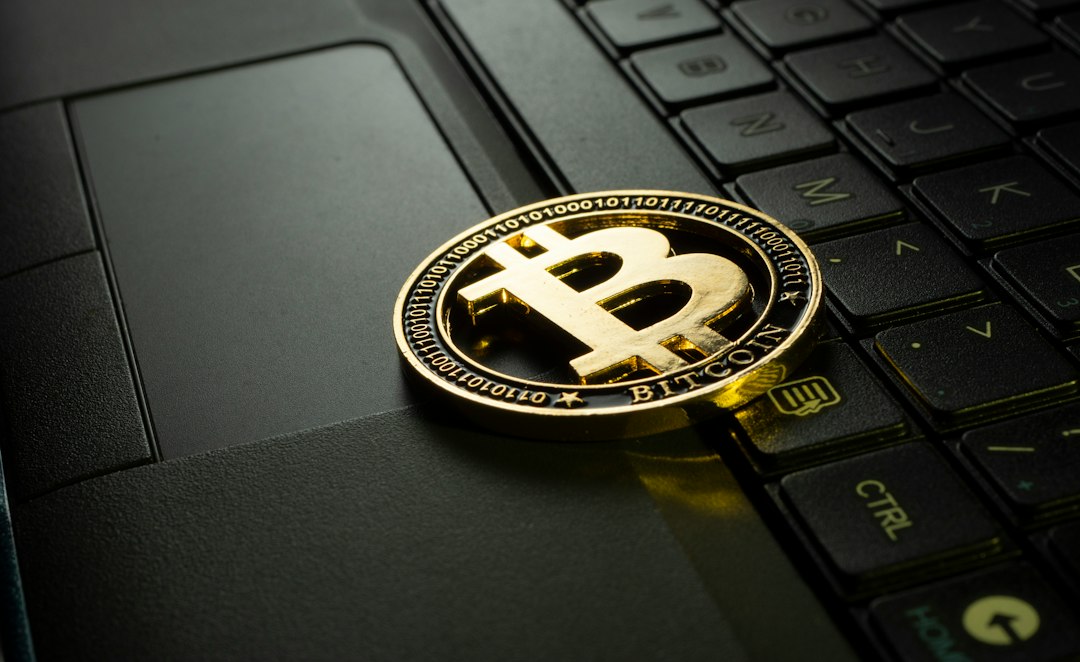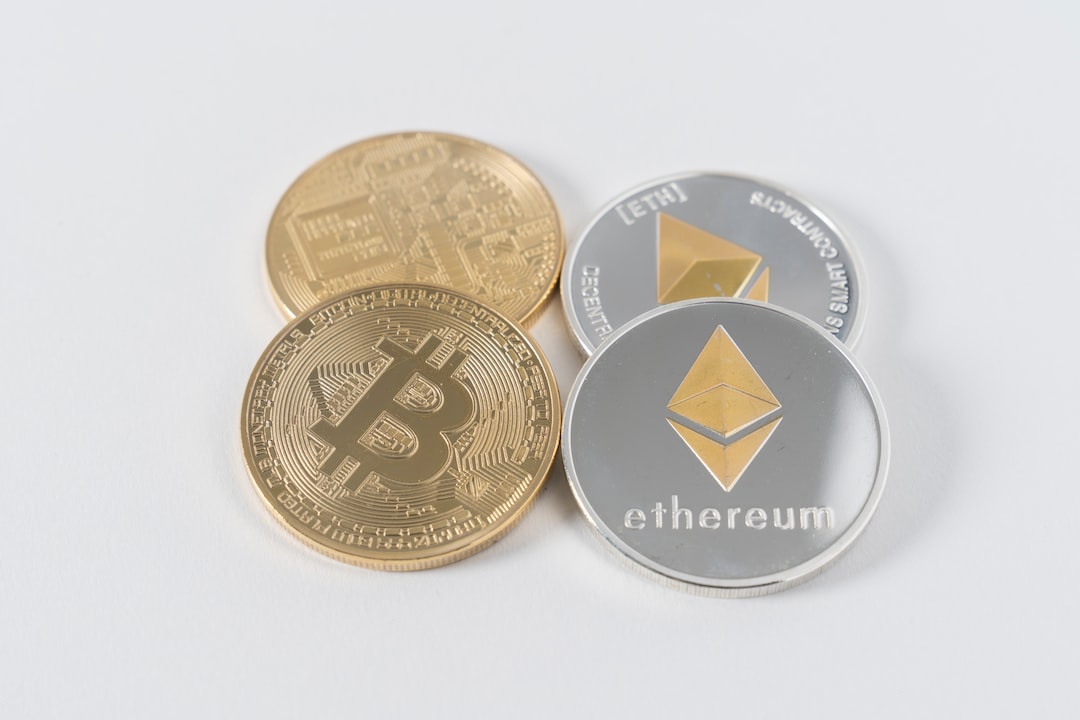PayPal’s Venmo Offers PayPal USD Stablecoin to Selected Users
Starting September 20, peer-to-peer mobile payments platform Venmo, operated by PayPal, has begun offering its selected users access to PayPal USD stablecoin (PYUSD). The company plans to fully roll out this feature in the coming weeks. Users can now purchase the stablecoin and send it via PayPal, Venmo, and other compatible external wallets. PYUSD is an Ethereum-based stablecoin backed by U.S. dollar deposits and other liquid equivalents. It was launched by PayPal in August and is issued by Paxos Trust.
PYUSD Adoption Remains Slow
In a transparency report published by Paxos, the issuer of PYUSD, it was revealed that the stablecoin has not gained widespread adoption despite its promise of facilitating global payments. As of August 31, 2023, PYUSD had total net assets with a market value of collateral amounting to $45.3 million. The report indicated that only about $1.5 million was backed by cash deposits, while the majority of reserves ($43.8 million) were collateralized through US Treasury reverse repurchase agreements.
Although PYUSD has maintained its peg to $1 so far, its growth has been minimal compared to Tether (USDT), the oldest stablecoin. Tether boasts a market capitalization exceeding $83 billion and a 24-hour trading volume surpassing $20 billion. CoinMarketCap currently ranks PYUSD as the 19th largest stablecoin by market capitalization.
Reasons for Limited PYUSD Adoption
Possible reasons for PYUSD’s slow adoption could include stiff competition among stablecoins and potential regulatory challenges faced by the cryptocurrency industry.
Hot Take: PYUSD Struggles to Compete in the Stablecoin Market
The introduction of PayPal USD stablecoin (PYUSD) on Venmo offers users a convenient way to purchase and transfer stablecoins. However, PYUSD’s adoption has been sluggish, with limited market capitalization compared to other stablecoins like Tether. The transparency report from Paxos, the issuer of PYUSD, reveals that the stablecoin has not gained widespread popularity despite its promise of facilitating global payments. This lack of adoption could be due to tough competition in the stablecoin market and potential regulatory hurdles. As PYUSD continues to face challenges, it remains to be seen whether it can establish itself as a prominent player in the cryptocurrency industry.





 By
By
 By
By

 By
By
 By
By